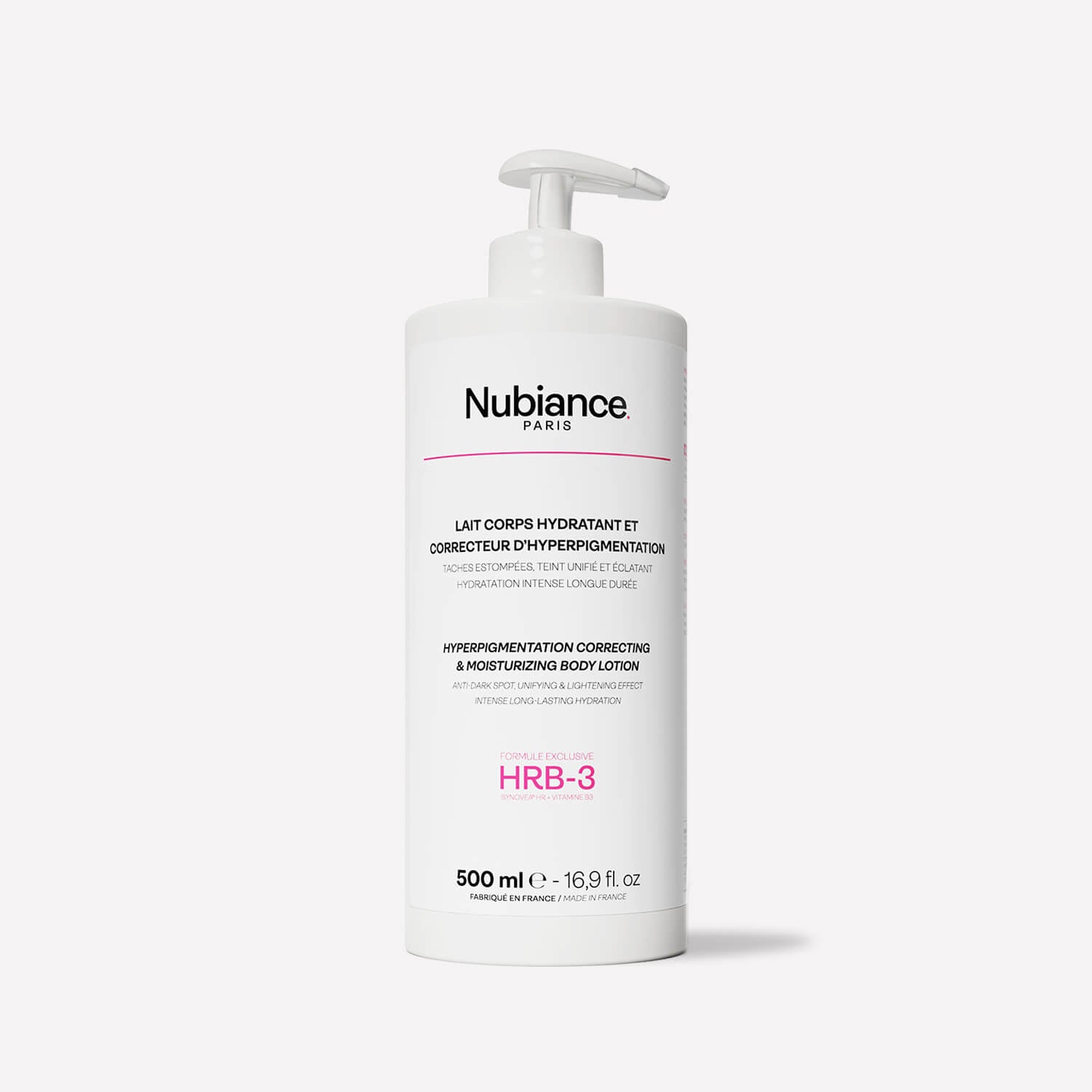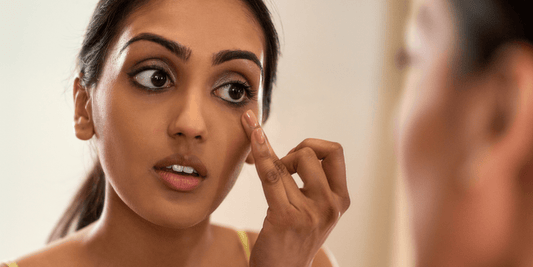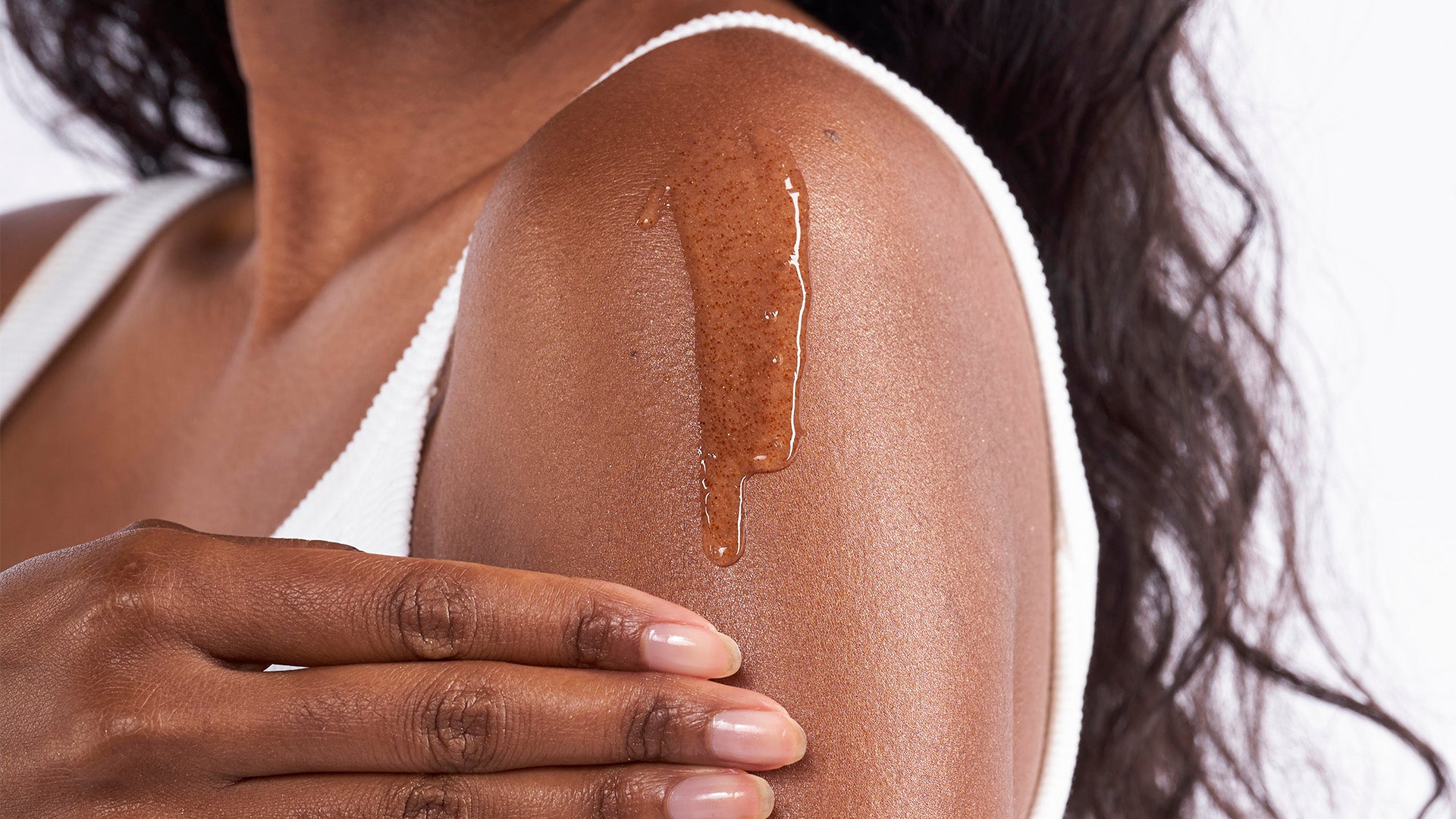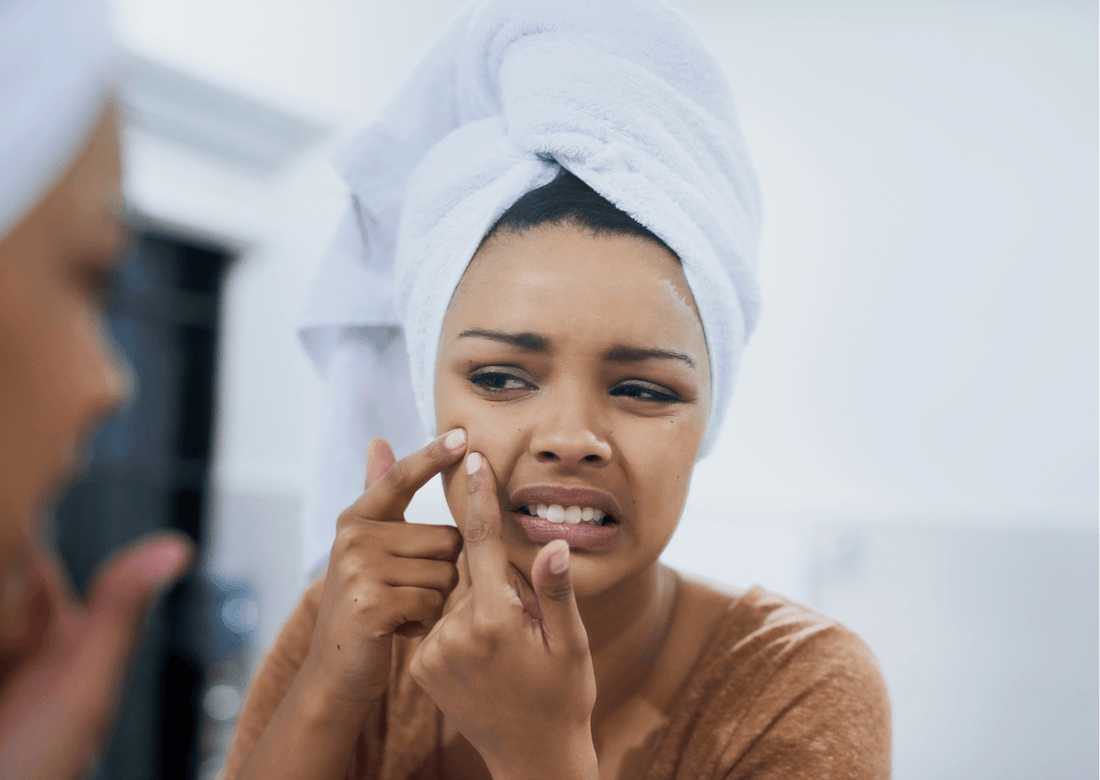
Everything you need to know about dermatillomania
Partager
Dermatillomania is an OCD characterized by an obsessive and repeated desire to scratch the skin . People affected by this disorder are in the majority of cases prone to anxiety , neurosis , and even depression . What are the origins and consequences of this mental disorder ? How to treat it? Explanations.
What is dermatillomania?

Dermatillomania is an obsessive-compulsive disorder that causes sufferers to scratch their skin. These repeated and excessive gestures produce deep lesions and scars.
It appears during adolescence and can persist into adulthood. This psychiatric illness affects 1% of the population. About ¾ of affected individuals are women.
We reassure you, being concerned about the imperfections of your skin and wanting to remove them is not a sign of dermatillomania. Moreover, dermatillomaniacs are not necessarily obsessed with the appearance of their skin (this is more the case for people with dysmorphophobia). Their behavior is linked to internal tensions that need to be evacuated.
What causes dermatillomania?

The origins of dermatillomania are multiple:
- The Depression ;
- Emotional and repressed malaise;
- loneliness;
- Boredom;
- A lack of self-esteem;
- Stress ;
- Psychological and mental disorders.
In most cases, people who have this obsessive compulsive disorder are unaware of their emotions.
What are the symptoms of dermatillomania?

Dermatillomaniacs do not all have blemishes on their body and/or face. Some have healthy skin, but spend hours observing their skin millimeter by millimeter to begin the hunt for blemishes.
As soon as they detect one, they will tweak their skin to the point of causing slight scarring . Afterwards, they will scrape it with their fingers or other tools (needle, tweezers, comedone extractor, etc.) to remove the imperfections. Their scars get worse and deeper.
By performing these gestures, the dermatillomaniac who felt anxious before doing so, feels a feeling of pleasure. According to dermatologists, these symptoms often appear in the evening, when they evacuate the stress accumulated during the day. But they can occur at any time of the day. The disorders can last a few minutes, up to several hours a day.
The areas they triturate are often the face, neck and scalp and sometimes the arms, legs, back and armpits.
Is dermatillomania serious?
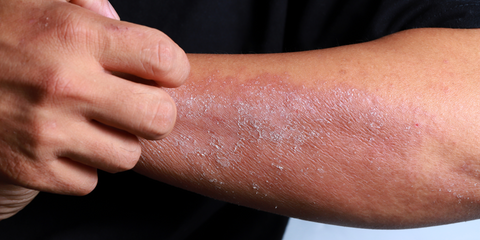
The consequences of dermatillomania are serious when crushing becomes obsessive. The consequences are visible on a physical and psychological level.
At the physical level, we can observe:
- Deep scars and wounds ;
- Excessive bleeding;
- A bloodstream infection;
- A local infection;
- perforations;
- Crusts.
At the psychological level, the person with this OCD feels:
- A compulsive desire to scratch the skin despite the scars observed;
- Anxiety before tweaking the skin, a sense of calm while she does it, and shame afterwards;
- Shame about one's physical appearance, deterioration of love and self-esteem;
- A feeling of depression .
Hence the importance of following a treatment as soon as the first symptoms appear.
How to stop scratching pimples?

There are solutions to reduce or even stop dermatillomania:
- Follow behavioral and cognitive therapy with a psychologist: this program helps the patient to be more aware of his actions, identify the causes that trigger his behavior and reverse his habits;
- Take antidepressants: in particular Selective Serotonin Reuptake Inhibitors;
- Take N-acetylcysteine: this dietary supplement treats certain symptoms associated with mental disorders (depression, bipolarity and schizophrenia);
- Practice a sport to reduce anxiety.
How to treat your skin following the scars caused by dermatillomania?

As for the sequelae that affect the skin, it is best to consult a dermatologist to treat the wounds. He will know how to give you the right treatment.
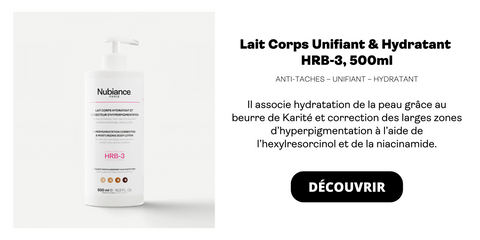
HRB-3 Anti-Spot Body Milk has been specially formulated to treat scars and wounds on the body. After a month of use, our customers notice the first results!
What questions are asked during the dermatillomania test?

We share this test with you for your information. It does not in any way replace the advice of a professional.
- Does seeing imperfections on your face or body bother you?
- Does your crushing leave scars on your skin and you tend to want to hide them?
- Is it hard for you to resist the urge to remove blemishes on your skin? Does it become obsessive?
- Do you ever use objects to scratch your skin (pens, needles, blackhead removers, etc.)?
- Do you spend several hours observing your skin to see if you have any imperfections?
- Do you eat the skin you remove?
- Do you scratch your skin when you perform sedentary activities (television, telephone, etc.) or when you are bored?
- Can you spend hours tweaking your skin excessively ?
- Do you hide your wounds and scars with make-up or clothes?
- Do you feel shame or guilt after picking on your skin?
- Does this obsessive compulsive disorder prevent you from being fulfilled in your personal or professional relationships?
- Do you scratch your skin at night before going to sleep?
Test results:
1 to 3 positive answers: you do not have dermatillomania disorder. You are more attentive to your skin than most people. Your triturations have no impact on your life.
4 to 7 positive answers: you may have some dermatillomania disorder . You check for imperfections in your skin more than most people. You feel depressed about the condition of your skin.
8 to 12 positive answers: you certainly have dermatillomania disorders. You spend hours checking the condition of your skin and tweaking it. You are often anxious and preoccupied.
To treat dermatillomania, it is strongly recommended to contact a psychologist to identify the causes and treat them. As soon as the psychological symptoms have subsided, it is possible to make an appointment with a psychologist to treat the scars.
